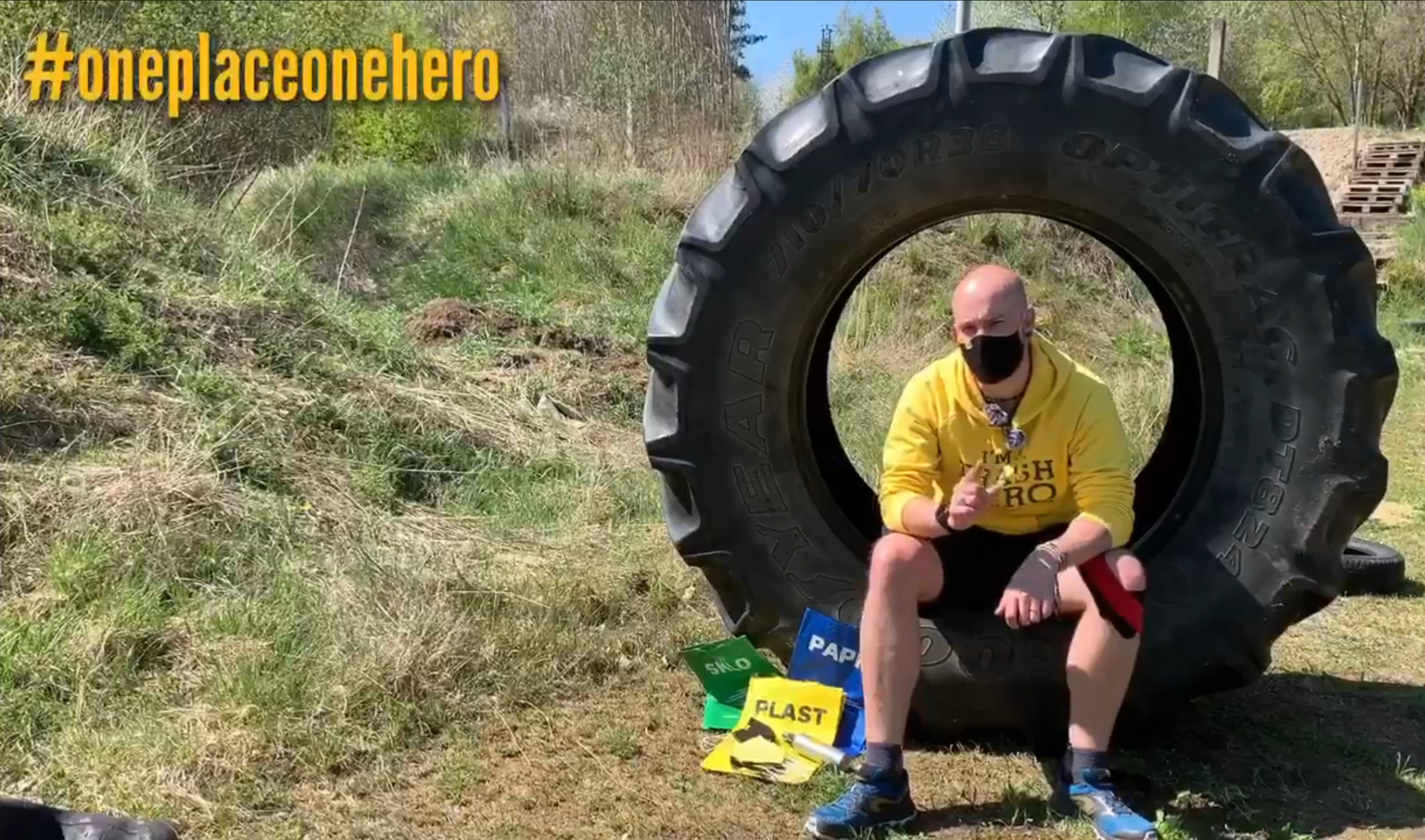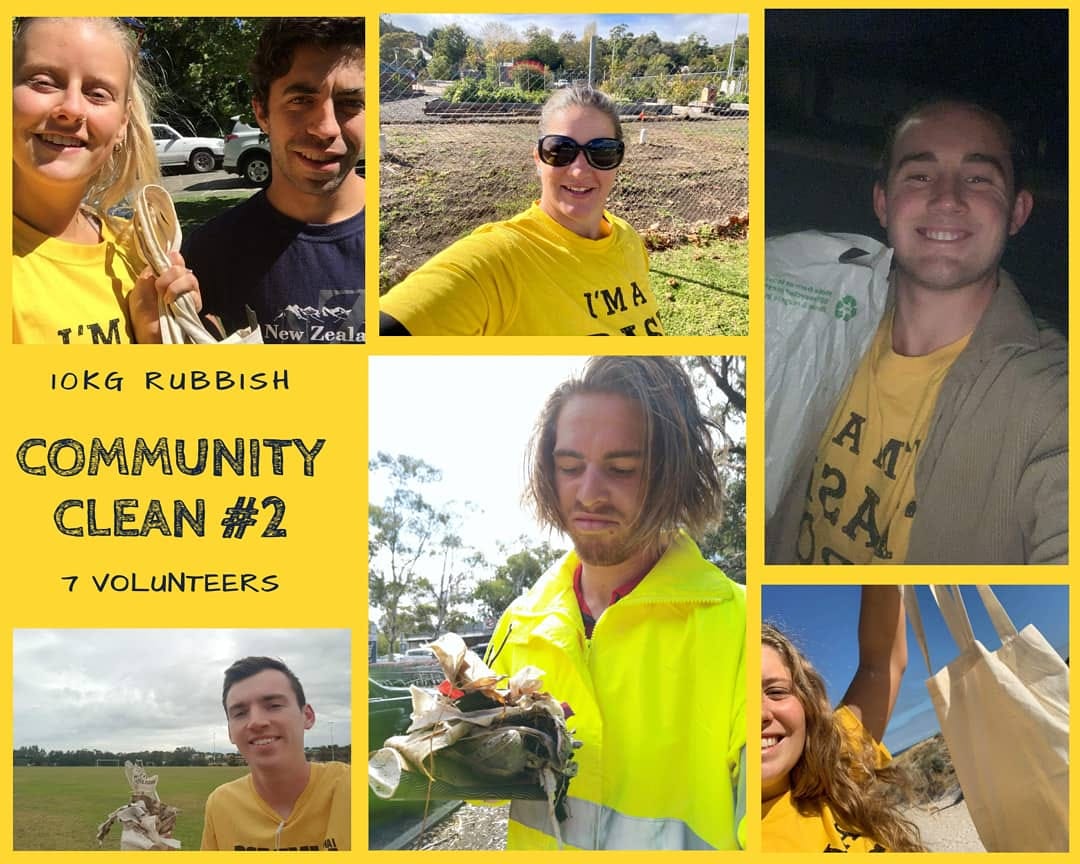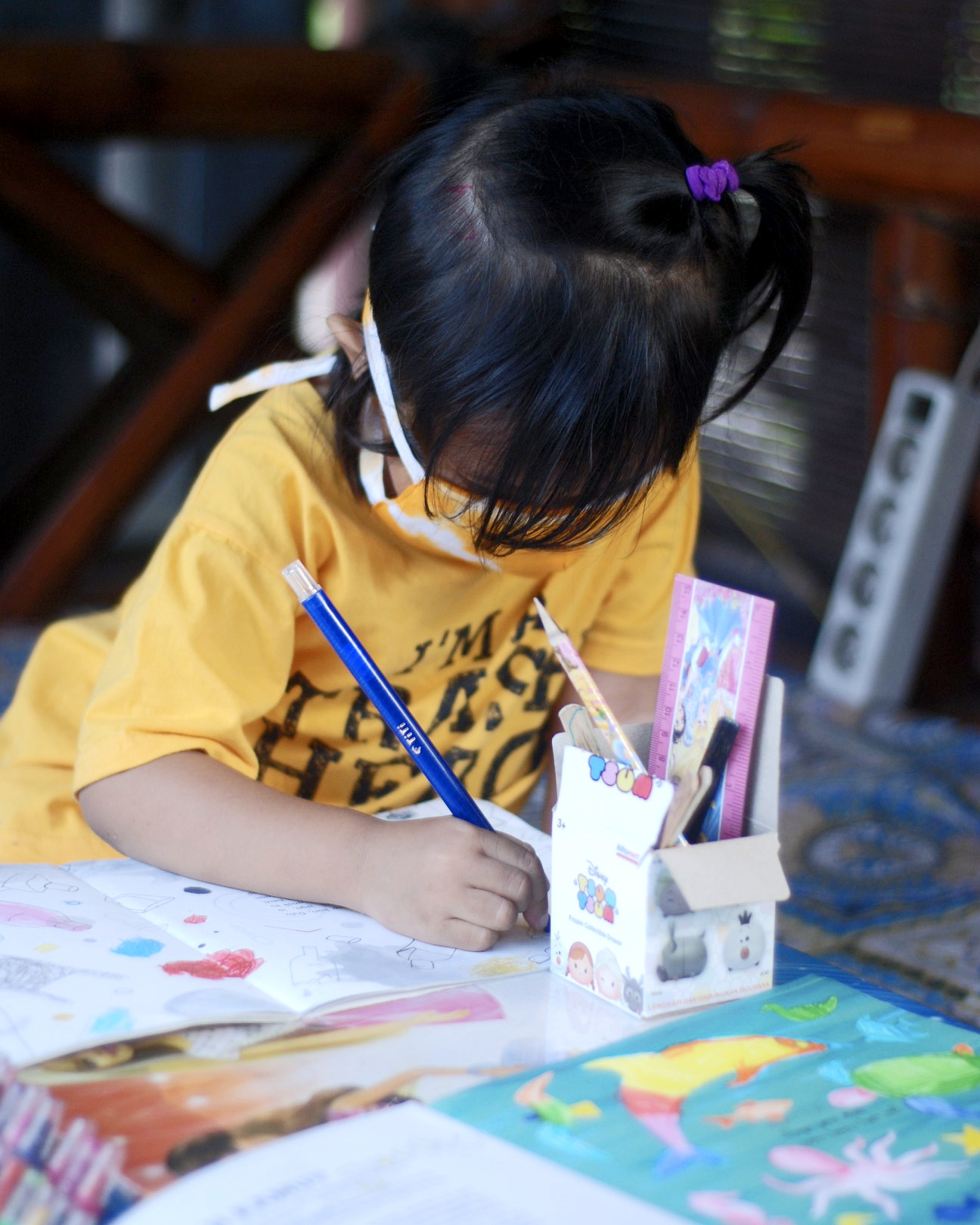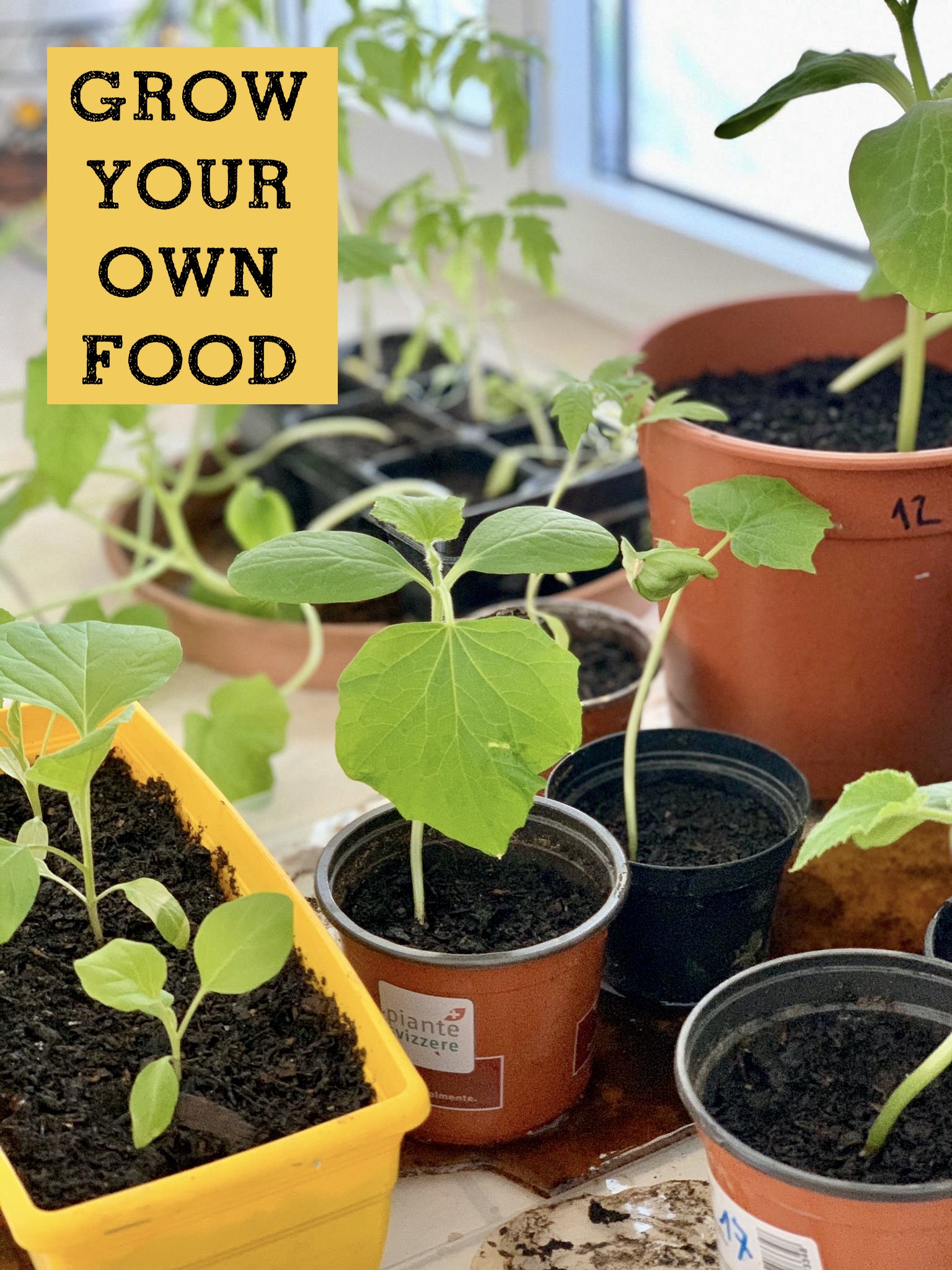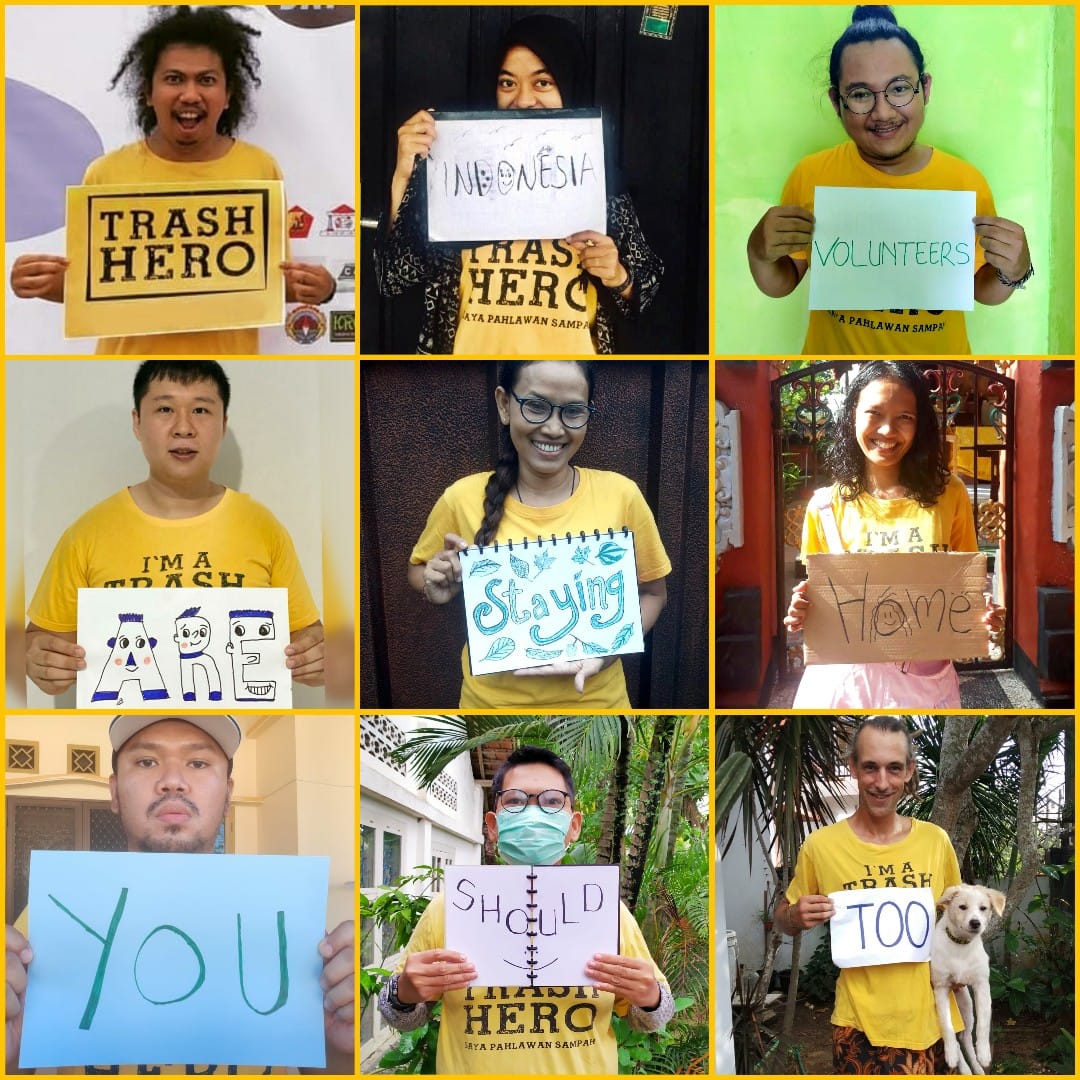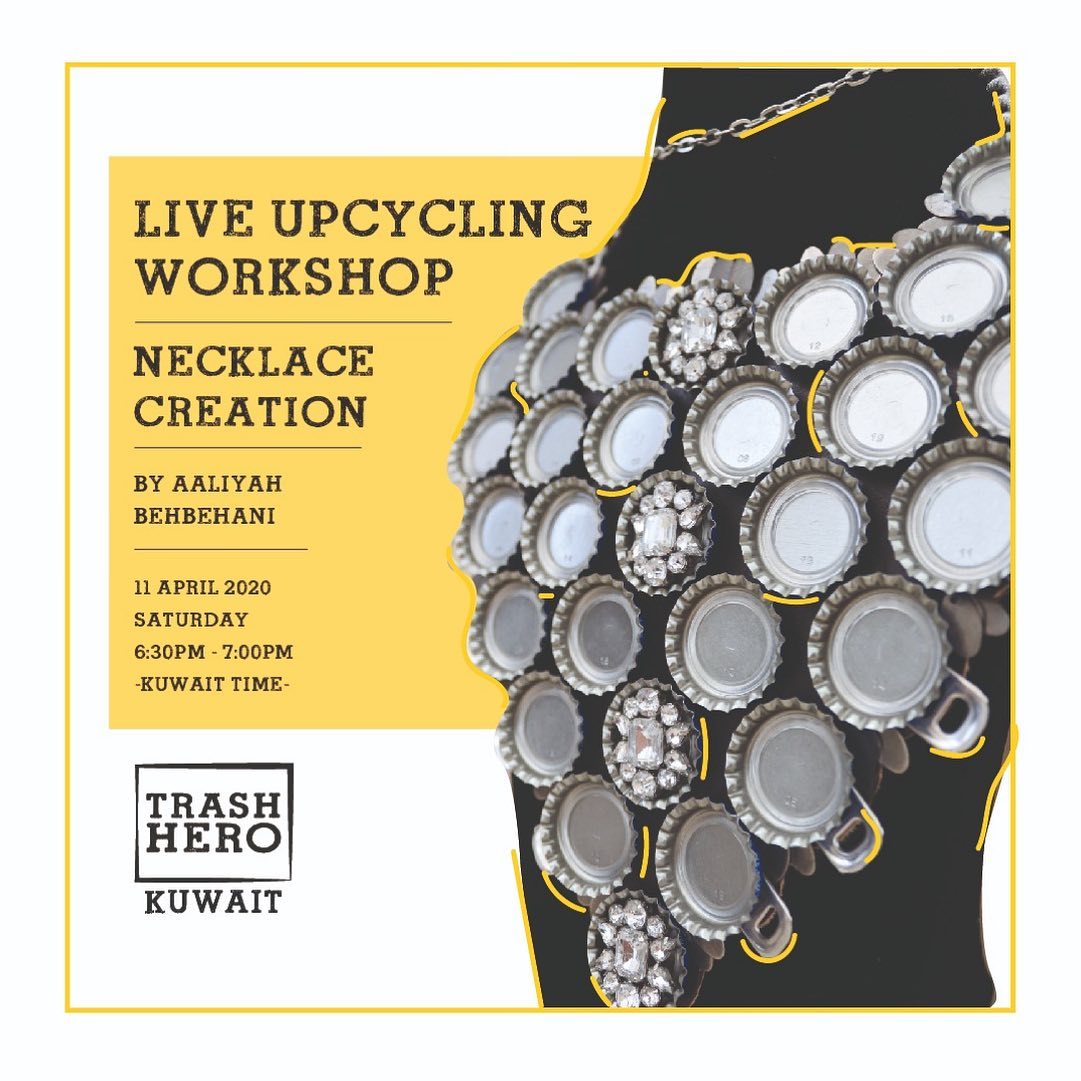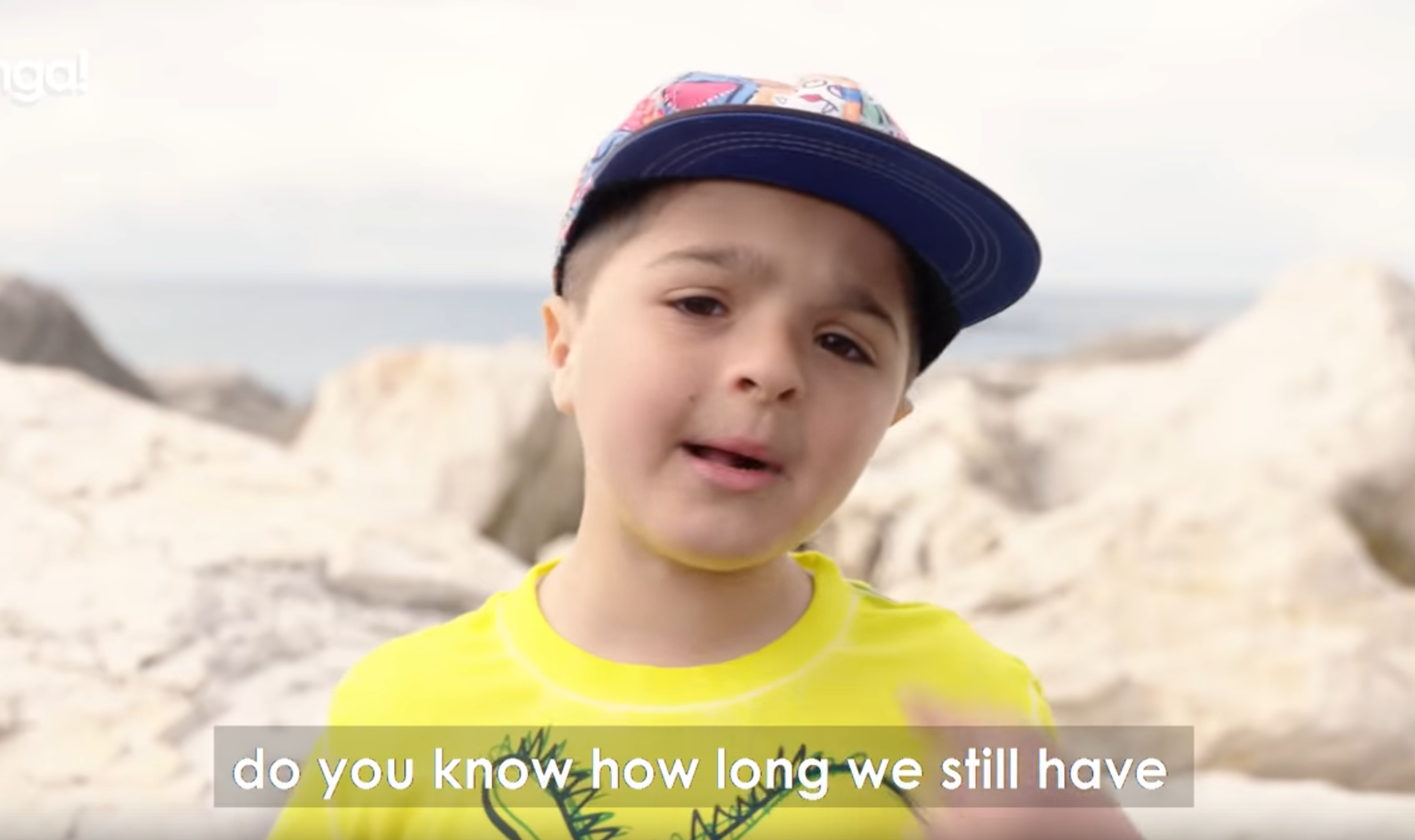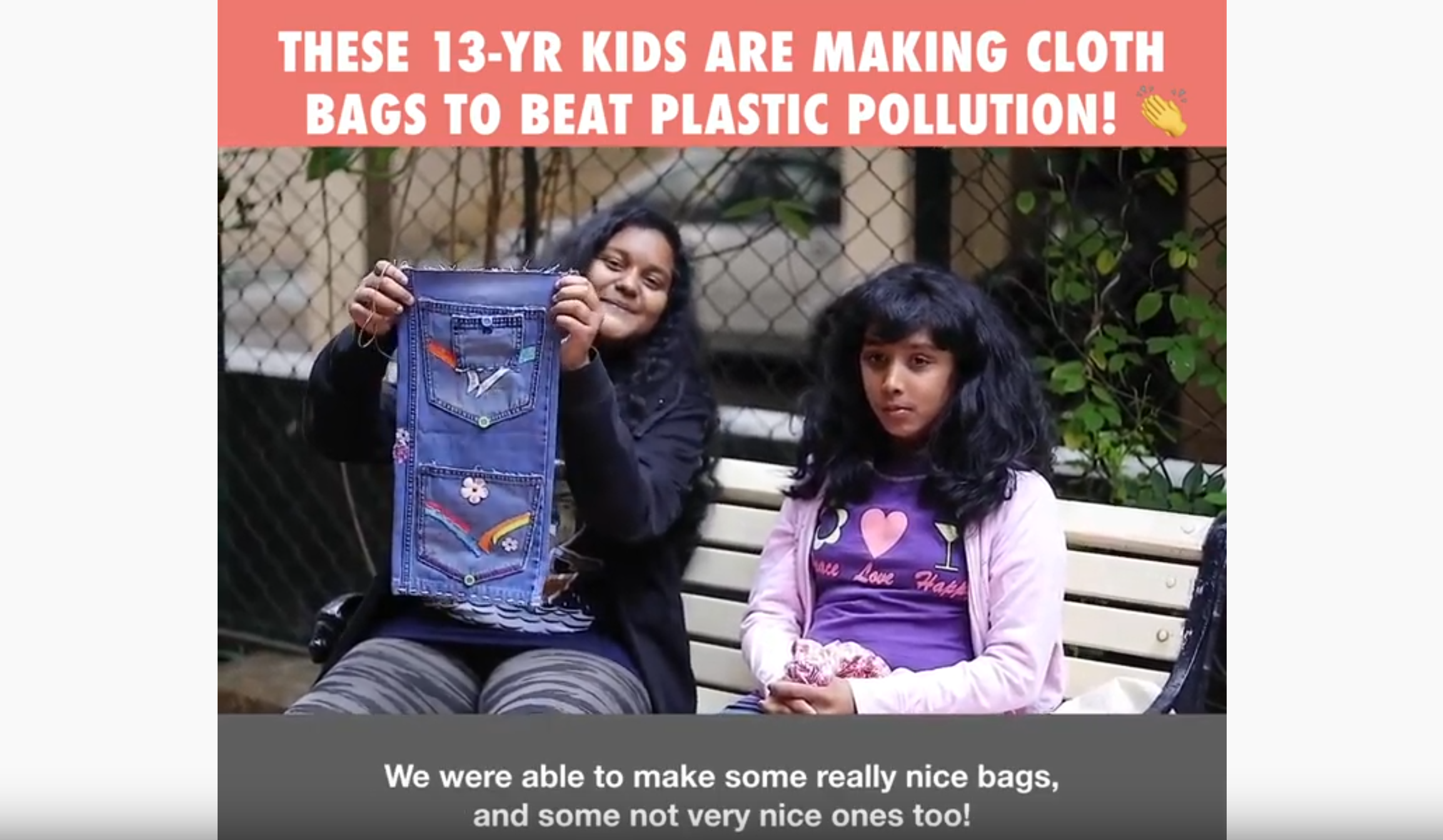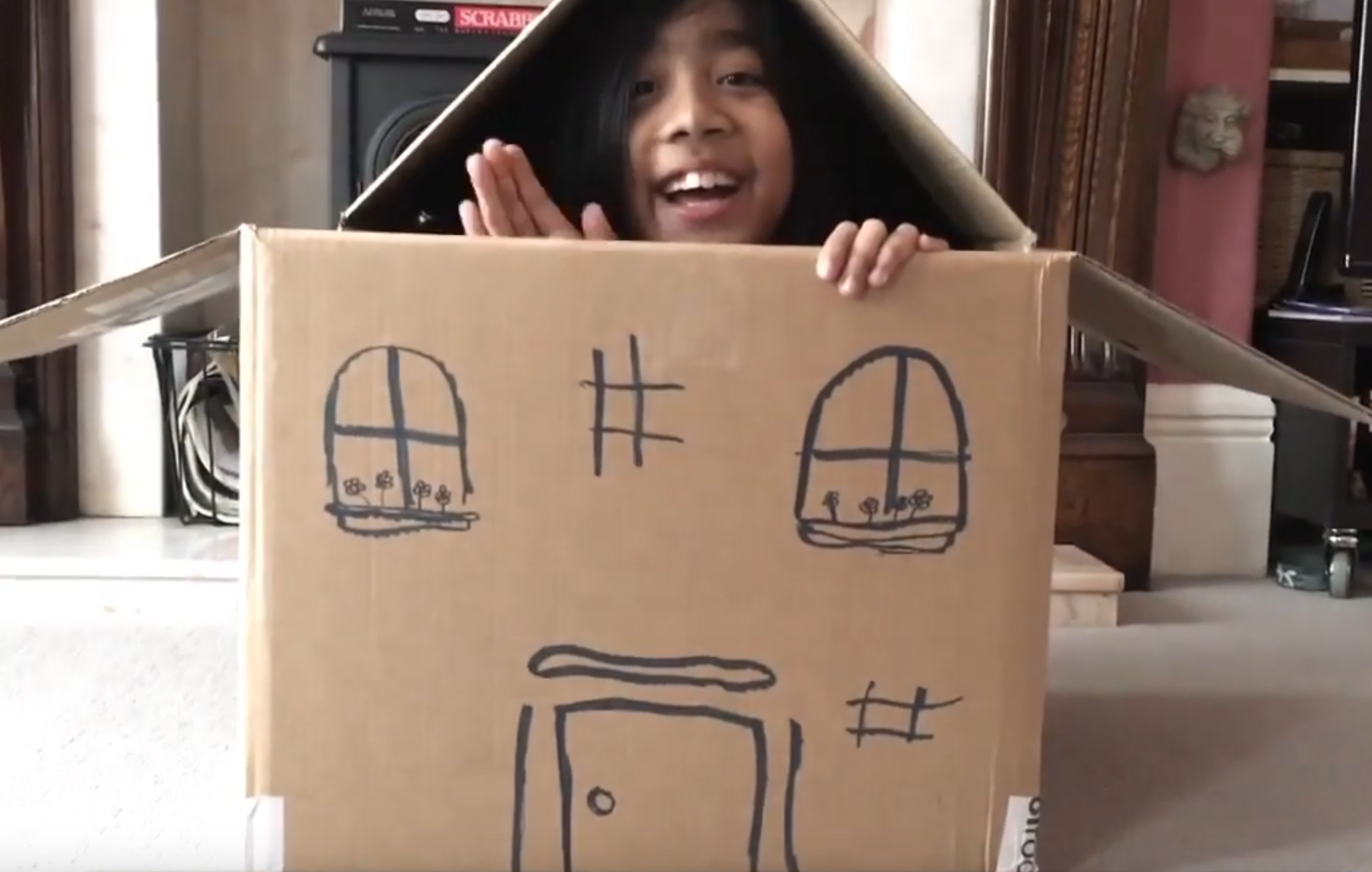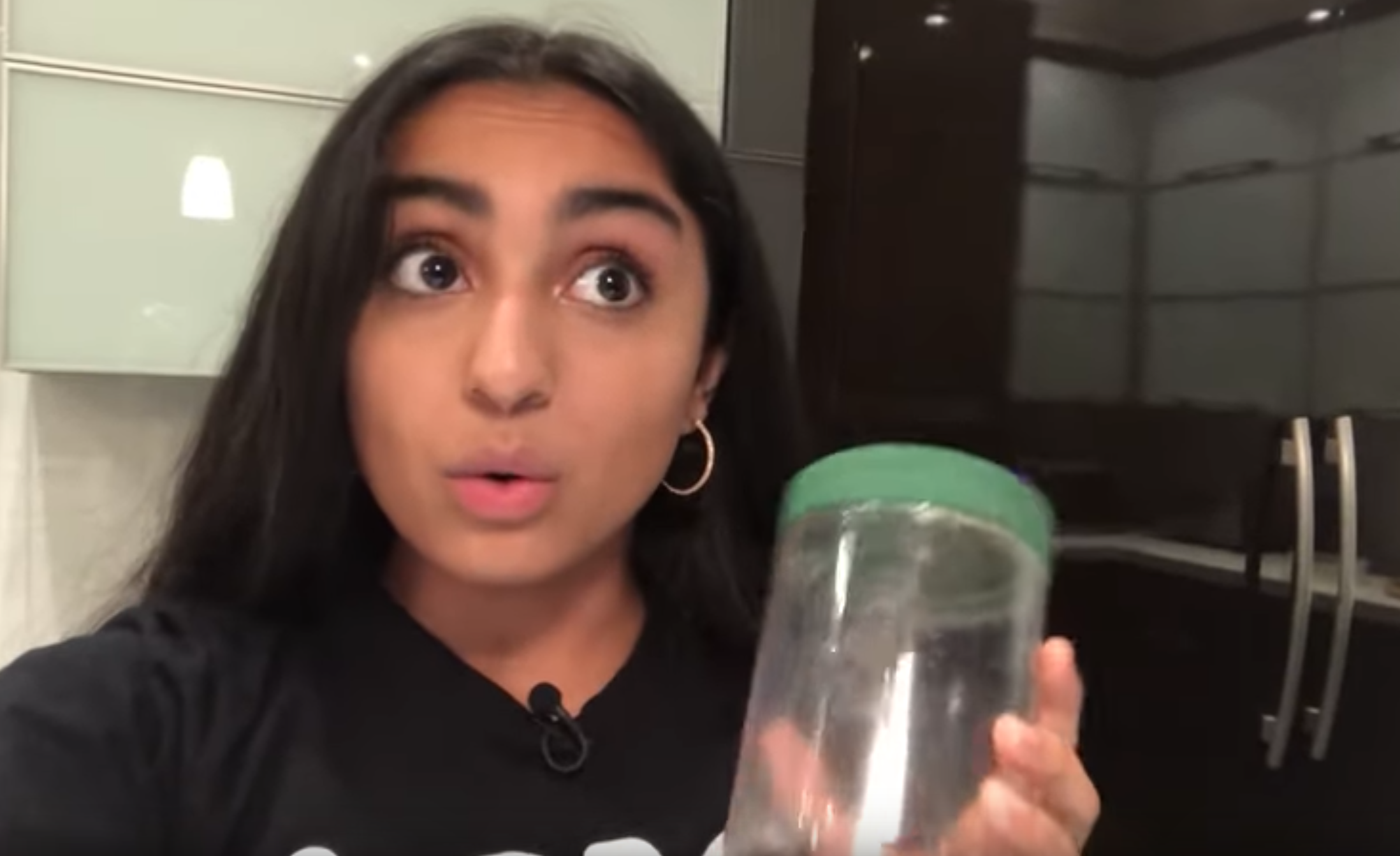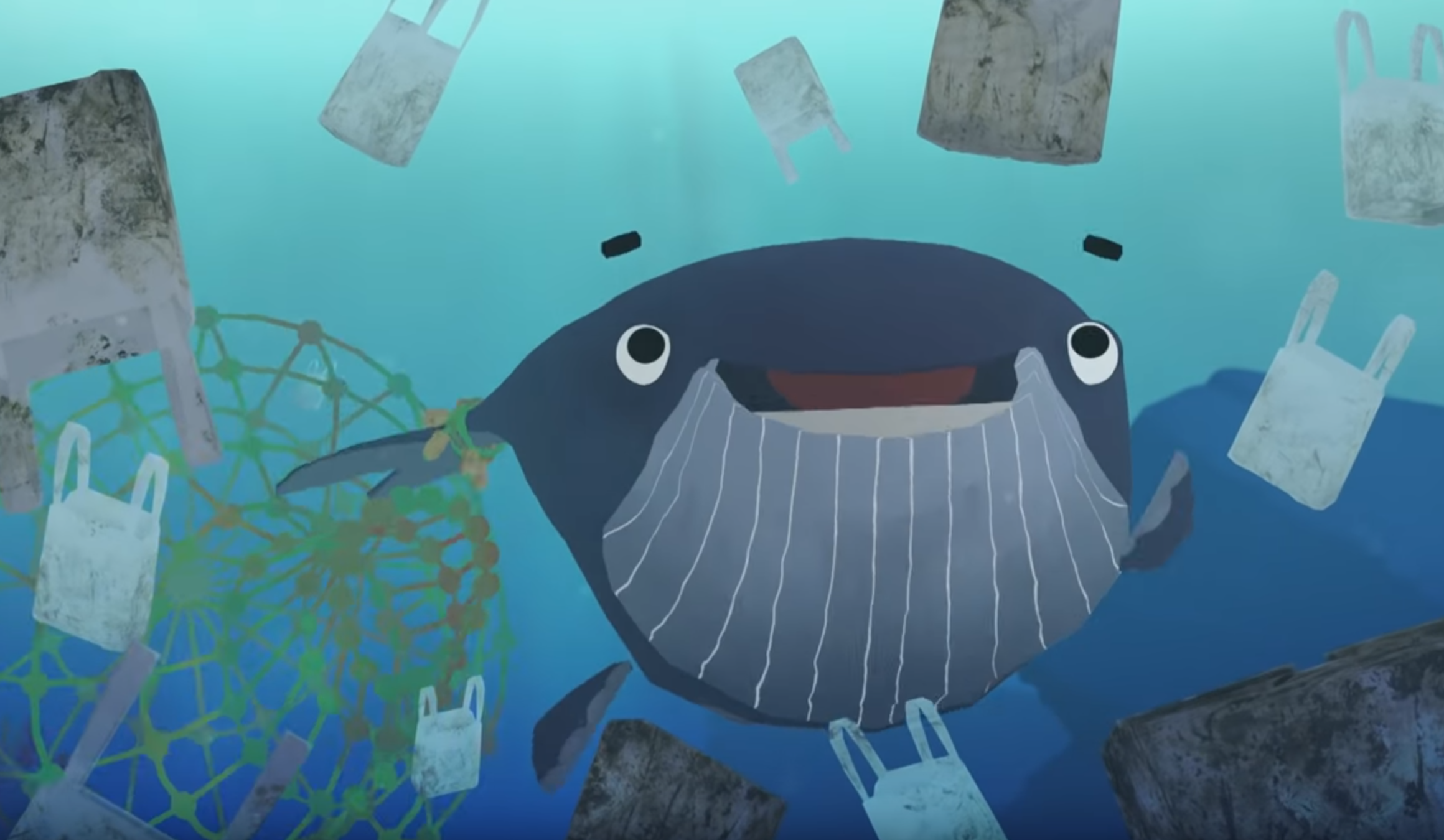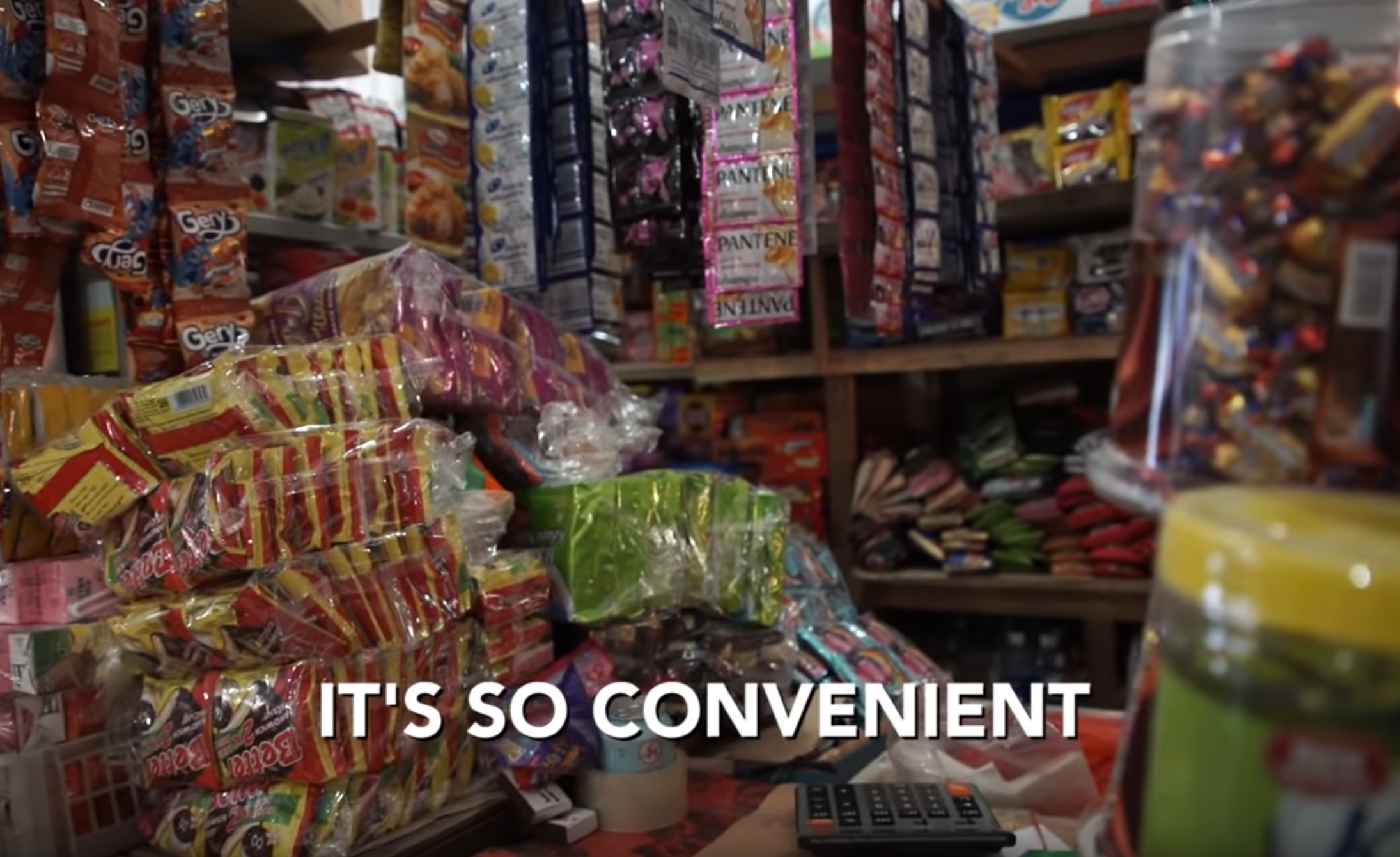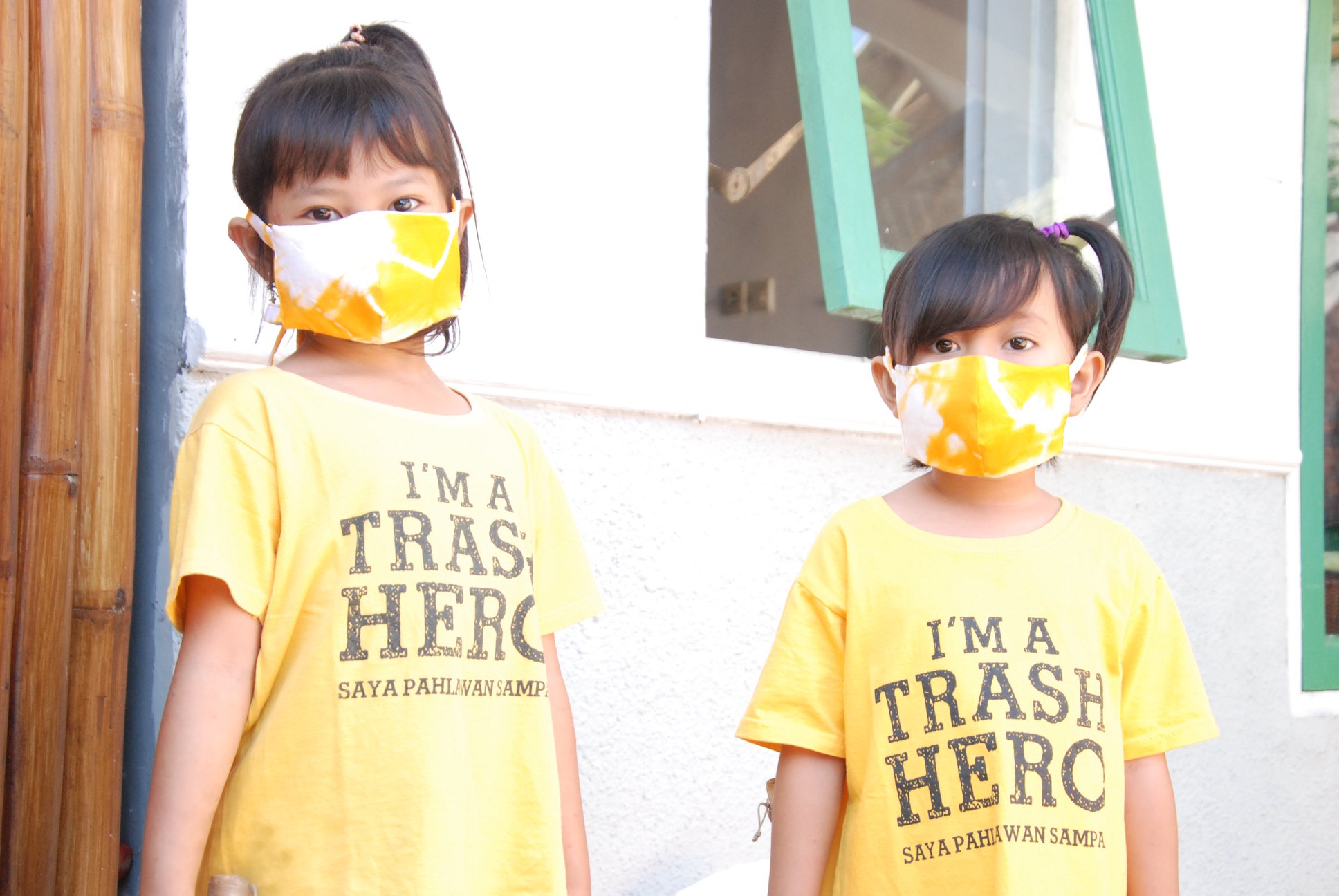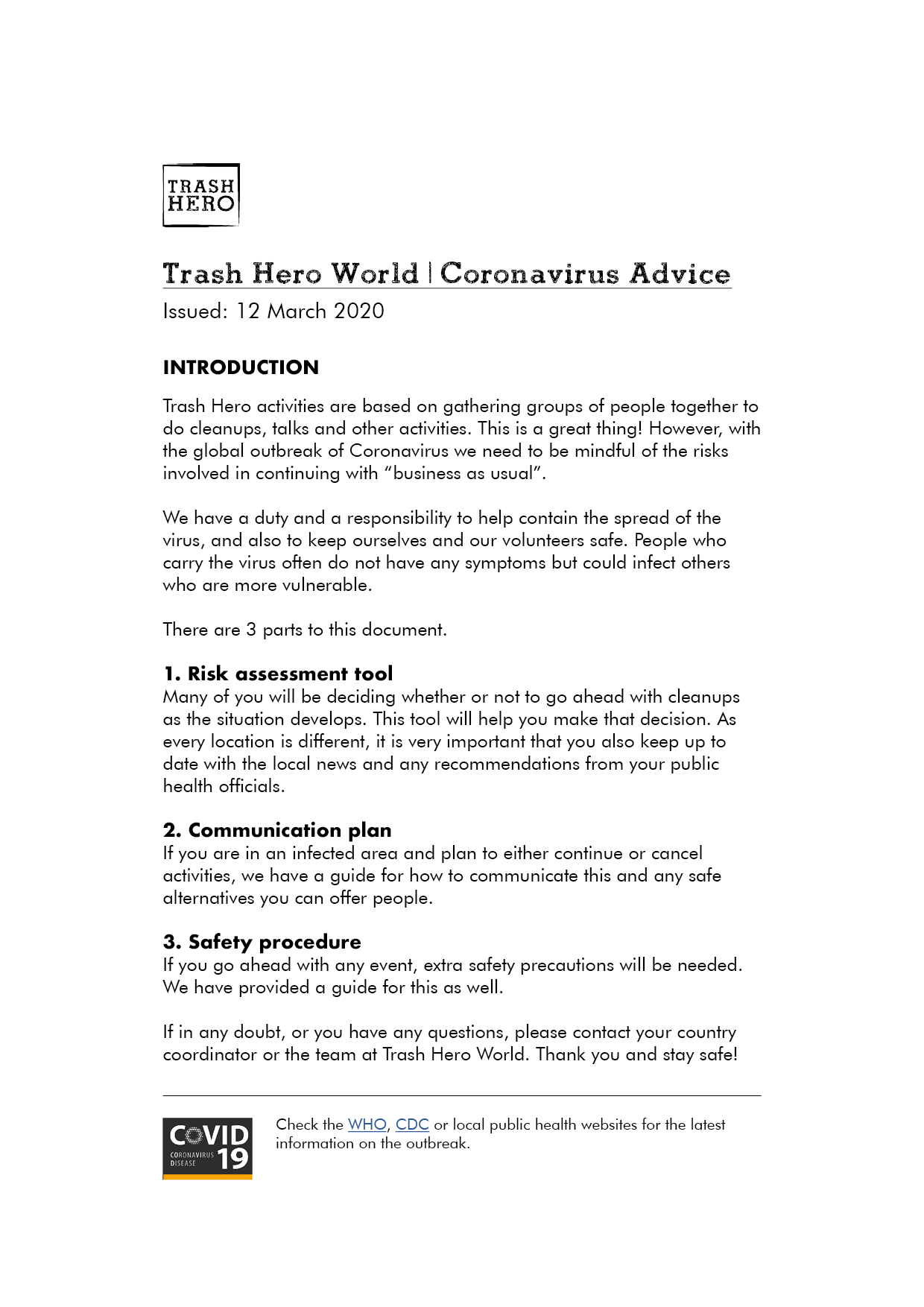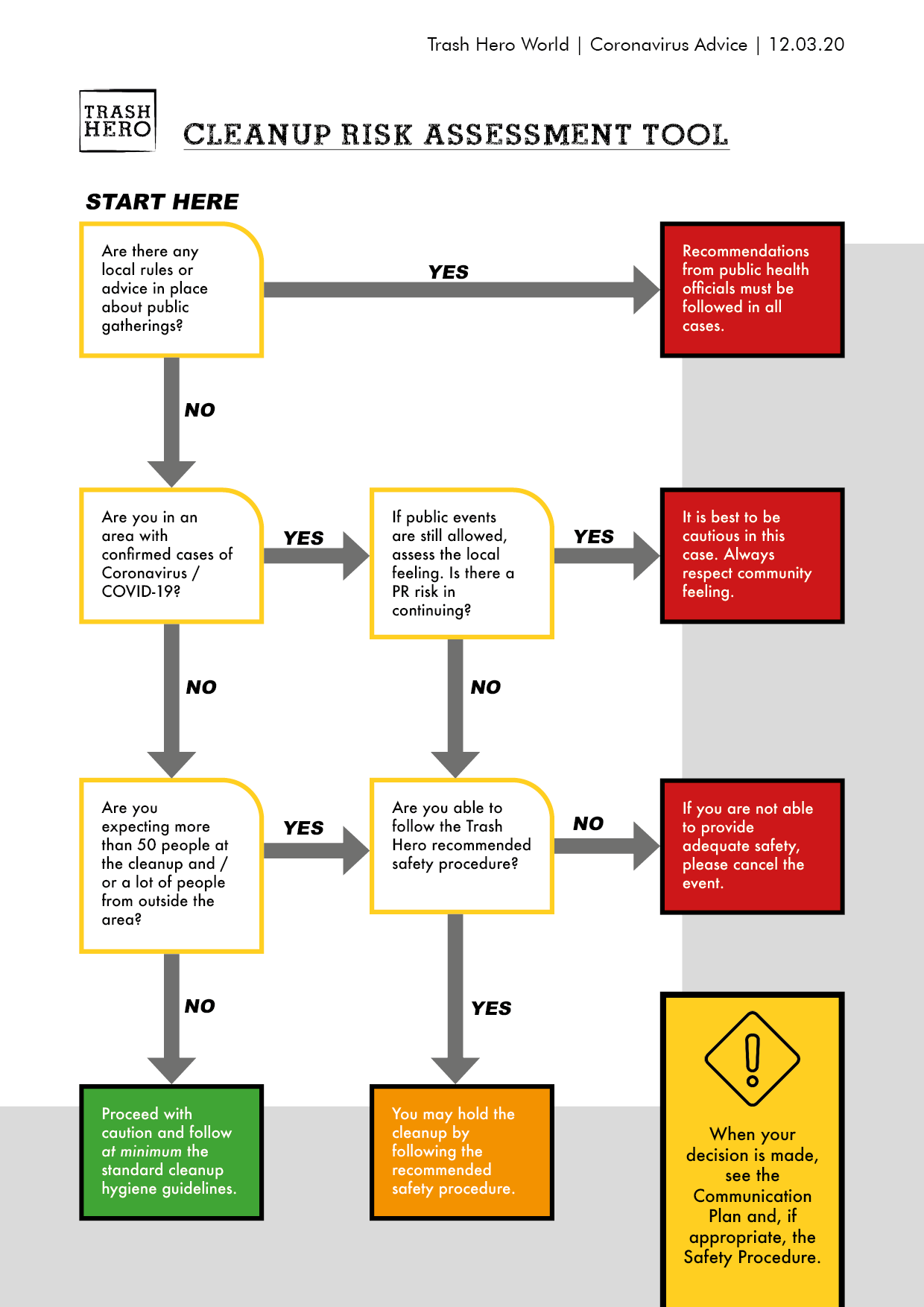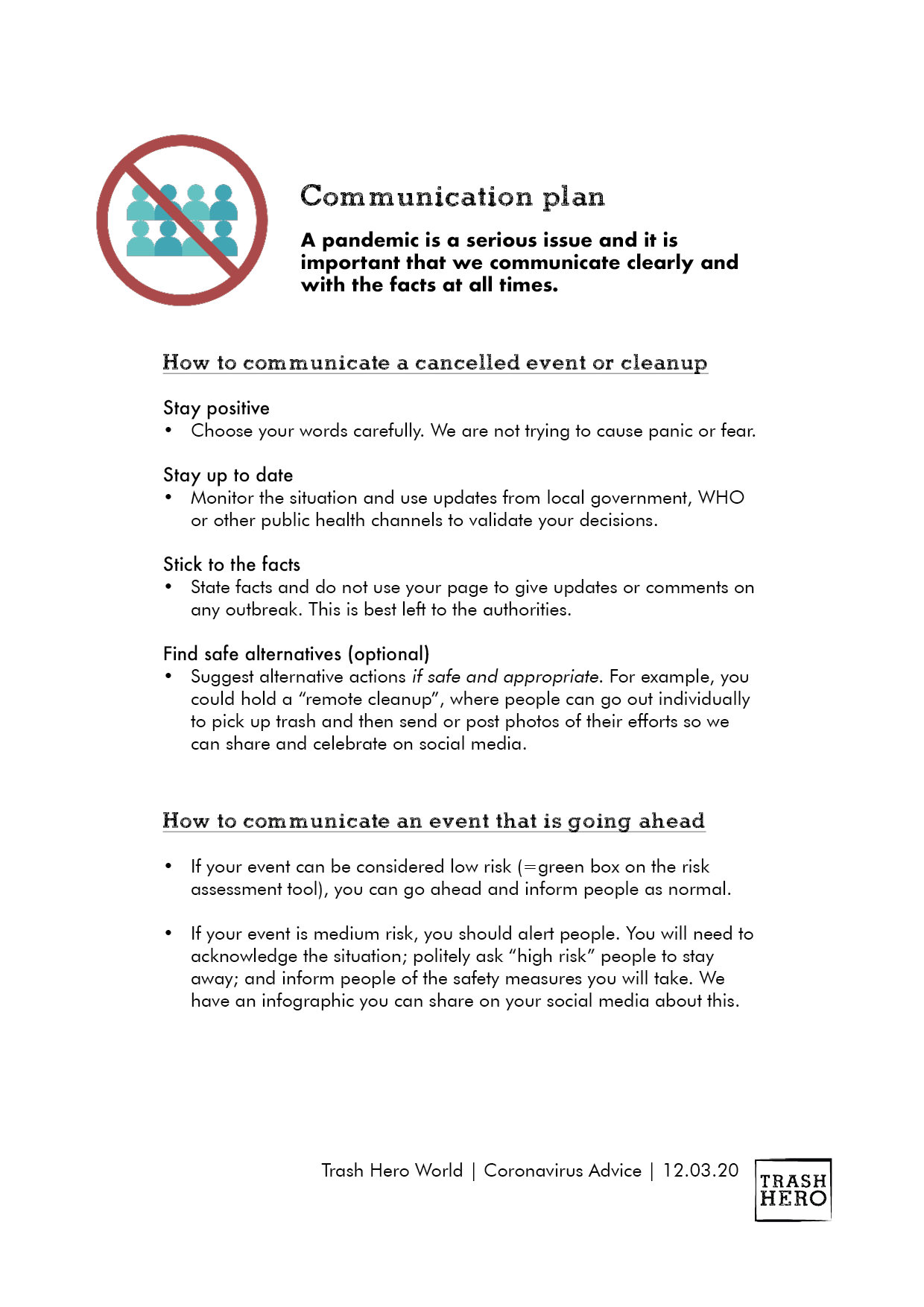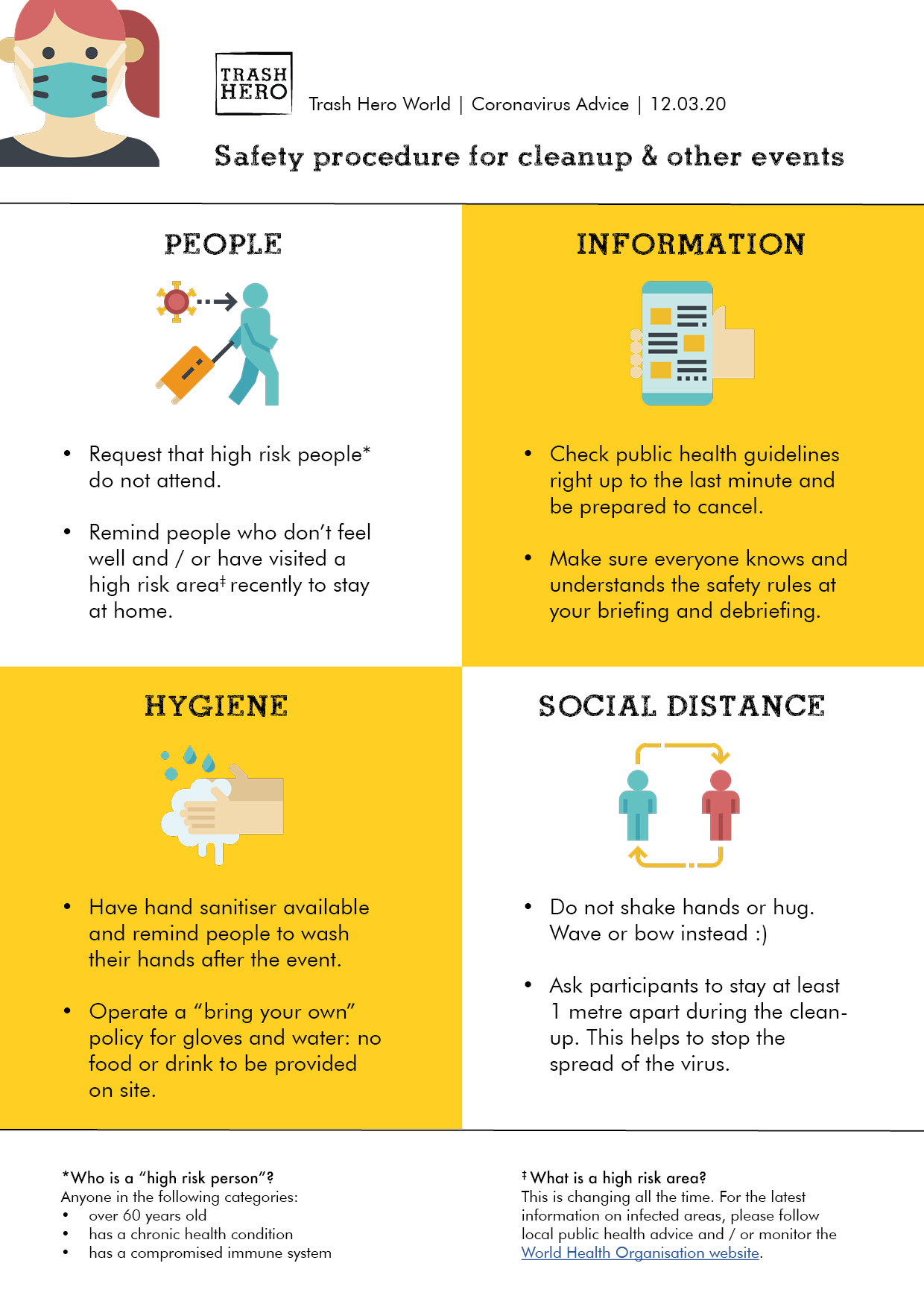As Trash Heroes, we know a community cleanup is one of the most effective ways to help people understand the impact of plastic pollution and create the positive energy needed for change. But we also know cleanups on their own are not a long term solution to the problem of plastic waste. For that, we need to go to the source.
That’s why Trash Hero has joined forces with Break Free From Plastic (BFFP) again this year for a mass data collection project focusing on “brand audits”.
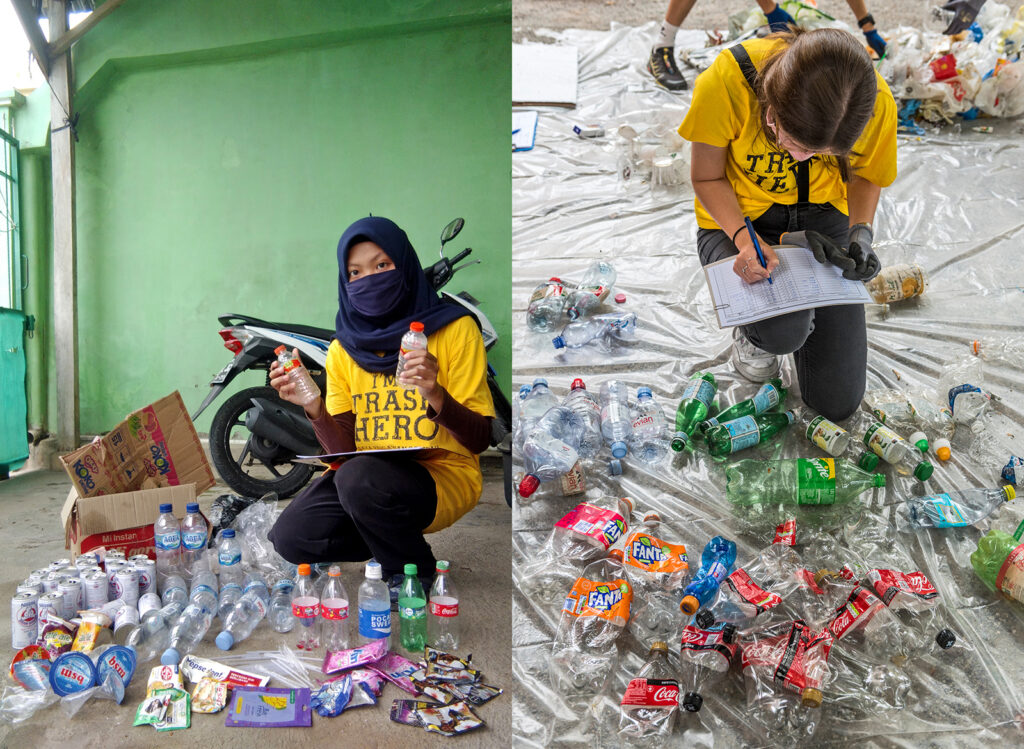
Brand Audits September 2020 in Baubau, Indonesia and Basel, Switzerland.
A “brand audit” is a detailed log of the plastic found during a regular cleanup. It records the date; location; type of material and the number of layers in each piece; and then the name of the producer, if it’s still visible. The data is collected in a systematic way and – for this project – from a wide range of locations on a global scale, involving many different NGOs and volunteers.
BFFP, as the coordinator of the project, will then compile and interpret the collected data for their annual Brand Audit Report (results of the 2019 report here). The results serve as evidence of the scale and provenance of consumer-goods-related pollution. They enable BFFP to push the biggest manufacturers of this plastic waste to change the way they make and deliver their products.
This year’s report is due out in early December. Trash Hero World has committed to make the findings available in Indonesian, Thai and Malaysian to amplify the media coverage in Southeast Asia.
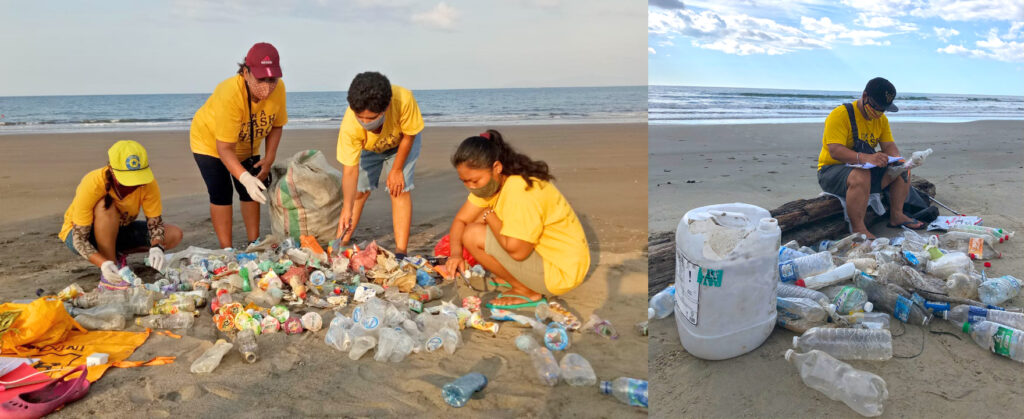
Brand Audits September 2020 in Nagekeo, Indonesia and Tuaran, Malaysia
To broaden the dataset, Trash Hero World and BFFP provided brand audit training for Trash Hero volunteers in several different countries in August and September. It was a new experience for most of them: gathering and recording the information is a fairly labour-intensive process, but one that proved to be both eye-opening and fun. In the lead up to the official data collection period, Trash Hero Canggu in Indonesia collected 140 unrecyclable tubes of toothpaste from a single brand (Pepsodent, by Unilever) in just one hour!
The data collection period lasted six weeks, coming to an end on 30 September 2020. Although the results are still coming in, our estimates show that around 80 brand audits were carried out by Trash Hero volunteers in around 60 locations in the northern, southern, eastern and western hemispheres.
This is more than four times the number of brand audits we submitted as an organisation last year and should in the end make up around one-sixth of the total brand audits contributed to the project globally this year (final numbers TBC). We are very proud of our citizen scientists, many of whom were working under challenging conditions due to COVID-19. We will publish the outcomes of the whole project in a future post.
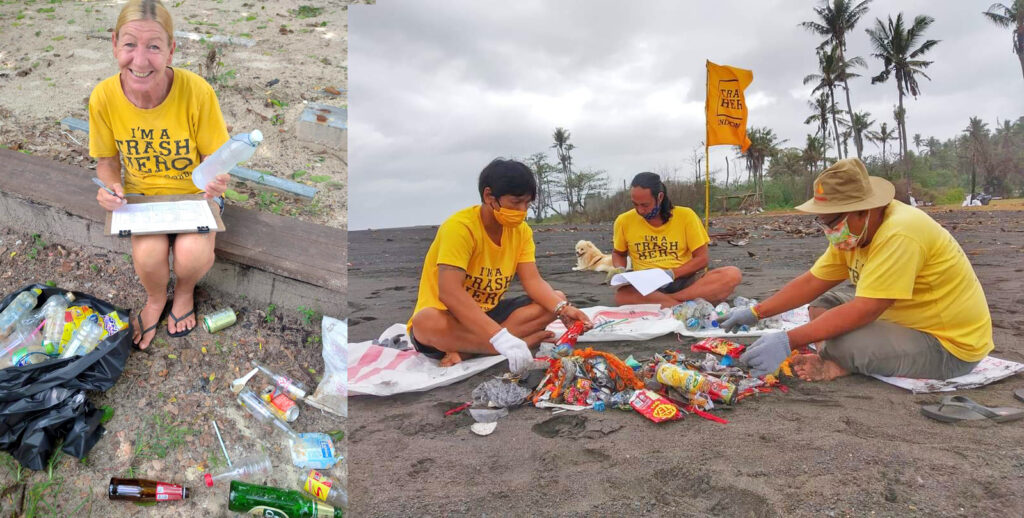
Brand Audits September 2020 in Koh Samed, Thailand and Saba, Bali
The Trash Hero chapters that carried out a brand audit for this project include:
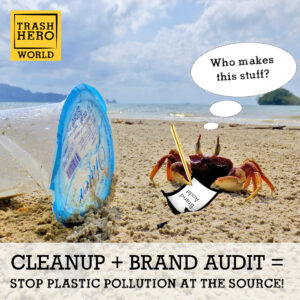 INDONESIA
INDONESIA
Trash Hero Ambon, Trash Hero Amed, Trash Hero Belu, Trash Hero Baubau, Trash Hero Blahbatuh, Trash Hero Bandung, Trash Hero Bunaken, Trash Hero Batubulan, Trash Hero Bogor, Trash Hero Canggu, Trash Hero Candidasa, Trash Hero Depok, Trash Hero Ende, Trash Hero Jimbaran, Trash Hero Kelimutu, Trash Hero Kendari, Trash Hero Kertalangu, Trash Hero Komodo, Trash Hero Kupang, Trash Hero Lembata, Trash Hero Larantuka, Trash Hero Lovina, Trash Hero Mamuju, Trash Hero Muba, Trash Hero Nagekeo, Trash Hero Pemuteran, Trash Hero Payangan, Trash Hero Raja Ampat, Trash Hero Saba, Trash Hero Sanur, Trash Hero Tanjung
MALAYSIA
Trash Hero Banting, Trash Hero Cherating, Trash Hero Ipoh, Trash Hero Johor Bahru, Trash Hero Papar, Trash Hero Perlis, Trash Hero Langkawi, Trash Hero Sintok, Trash Hero Temerloh, Trash Hero Tuaran
NETHERLANDS
Trash Hero Amsterdam
ROMANIA
Trash Hero Vatra Dornei
SERBIA
Trash Hero Beograd
SWITZERLAND
Trash Hero Basel, Trash Hero Bern, Trash Hero Fribourg, Trash Hero Luzern, Trash Hero Solothurn, Trash Hero Winterthur
THAILAND
Trash Hero Bangkok, Trash Hero Pattaya, Trash Hero Koh Phi Phi, Trash Hero Hua Hin, Trash Hero Chumphon, Trash Hero Koh Jum, Trash Hero Koh Samed, Trash Hero Koh Samui
UK
Trash Hero UK (London and Newcastle)

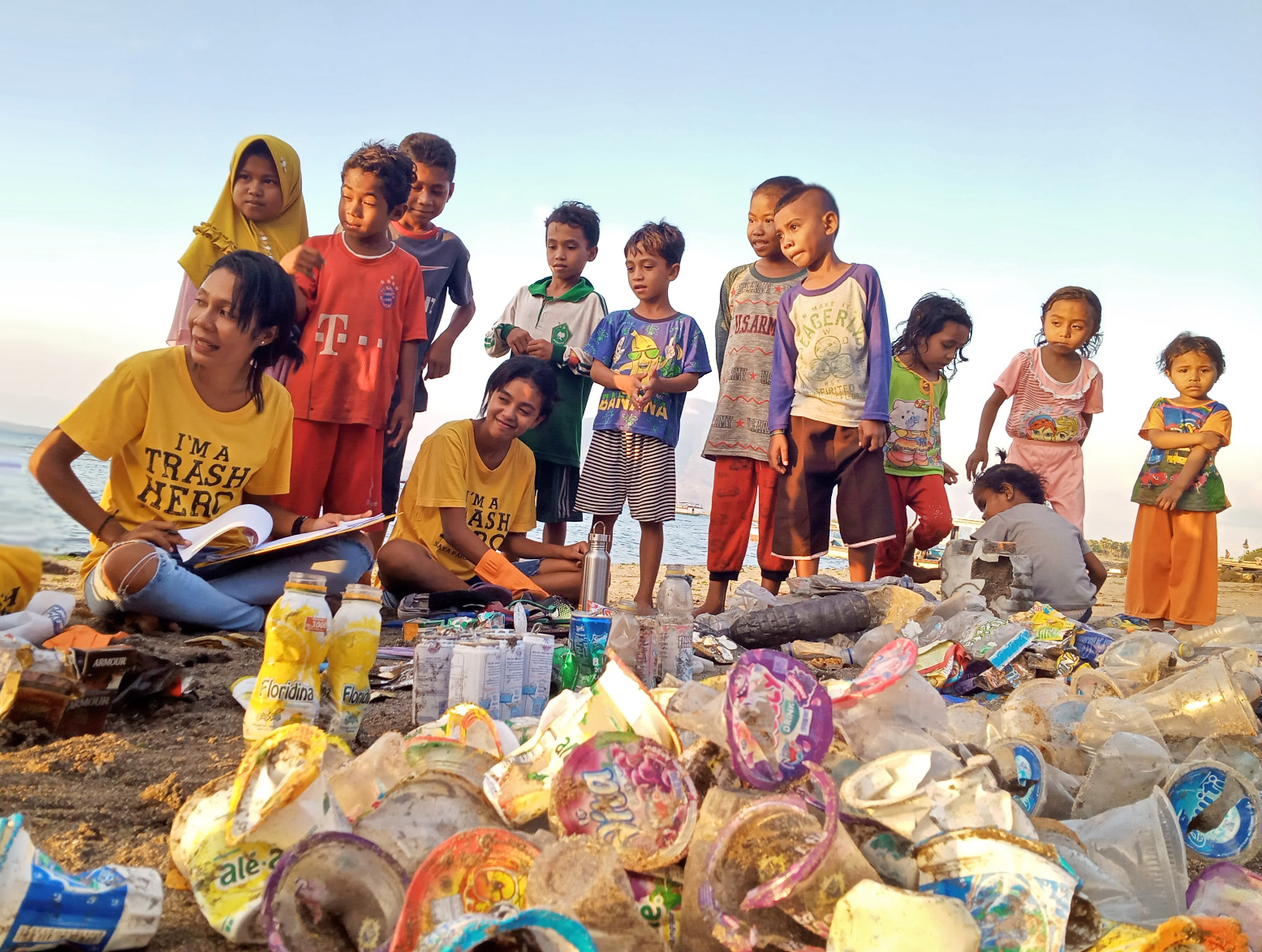

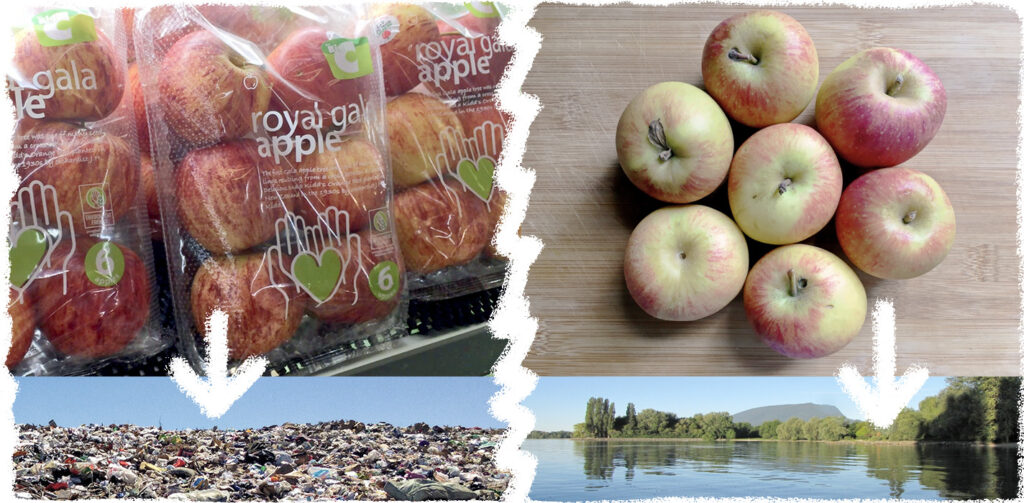

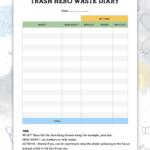
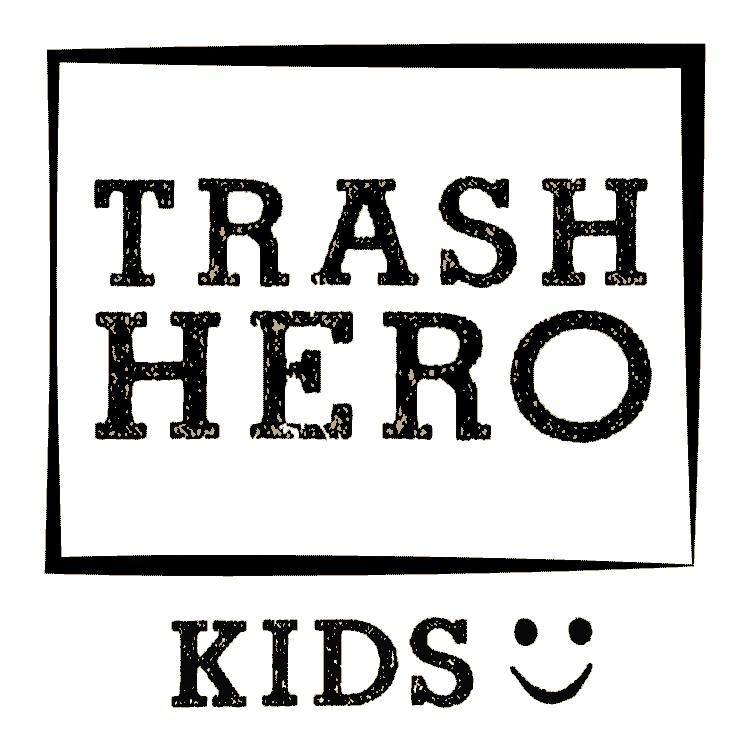
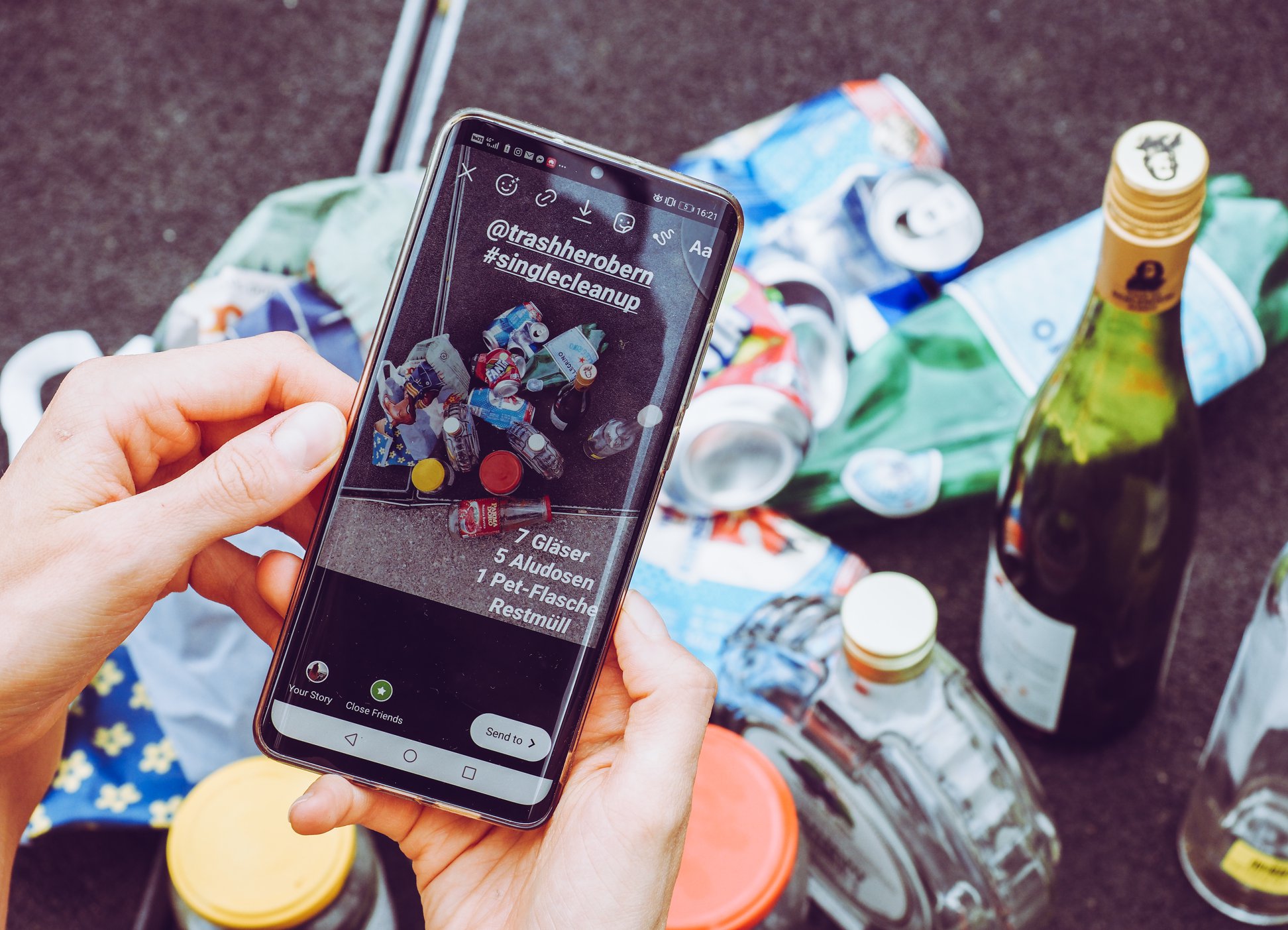
 A message from the Trash Hero co-founder, Roman Peter:
A message from the Trash Hero co-founder, Roman Peter: